SYDNEY — Qantas Airways (QF), Australia’s flag carrier, has been hit with a massive fine of A$90 million (US$59 million) after a Federal Court ruled it broke the law when it sacked more than 1,800 ground staff at the height of the COVID-19 crisis.
For years, this case has been hanging over the airline, and now it has finally reached a conclusion that is being described as a landmark in workplace law.
The size of the fine makes it one of the most severe corporate penalties in Australian history. The court said the punishment needed to be big enough so that companies like Qantas don’t just treat these sorts of breaches as the cost of doing business. It was a clear warning shot: when you gamble with workers’ rights, expect to pay heavily for it.
Judge’s Criticism of Qantas
Judge Michael Lee didn’t mince words when handing down his decision. While Qantas executives had publicly apologised, he wasn’t buying it. He said the airline sounded more worried about its public image than about the actual harm done to the 1,820 people who lost their jobs. His phrase — “the wrong kind of sorry” — summed it up.
He also took issue with how Qantas handled the case in court, pointing out that the airline chose not to put Vanessa Hudson, its current CEO and former CFO, in the witness box.
This blunt assessment goes deeper than just legal process. It touches on the trust that employees place in companies during crises. Many staff were already struggling with uncertainty during the pandemic. To then be pushed aside, and later hear what the court described as a shallow apology only added salt to the wound.
How We Got Here
Back in 2021, the court had already ruled that the outsourcing of ground handling roles amounted to adverse action under the Fair Work Act. In plain words, it found Qantas deliberately moved to weaken its workers’ rights and sideline union activity. That ruling made it inevitable that financial penalties would follow; the only question was how much.
Qantas did agree earlier this year to a A$120 million (US$78 million) compensation package for the affected employees. But the fine imposed now is separate. It’s not about individual payouts, it’s about punishment and deterrence.
Union Victory
The Transport Workers’ Union (TWU), which fought this case from the beginning, has called the outcome a massive win. National secretary Michael Kaine said the union had stood up against a powerful corporation and proved that ordinary workers can still win in court.
For him, it was about sending a message to employers across Australia: workers’ rights are not negotiable, even when times are tough.
A striking detail is that A$50 million (US$32 million) of the fine will go to the TWU. That is unusual and underscores the role the union played in pursuing the case relentlessly over several years.
The Airline’s Response
Qantas said it accepts the ruling and will comply with the orders. CEO Vanessa Hudson repeated the apology, stating: “We sincerely apologise to each and every one of the 1,820 ground handling employees impacted.” But again, the reaction from both the judge and the union was that words alone were not enough.
The financial markets didn’t react with shock; QF shares dipped slightly but not dramatically. Still, reputationally, the airline faces a more brutal battle. It has spent years trying to rebuild its image after pandemic-era controversies, and this fine pulls all of that history back into the headlines.
What It Means Going Forward
This case isn’t just about Qantas. It’s about how big companies handle labour during crises. The pandemic forced airlines all over the world into hard choices, but this ruling underlines that even in the worst of times, the law doesn’t give room to trample on workers’ rights.
It also raises questions about the role of corporate apologies. As the judge’s comments showed, people can tell when a company is speaking from a PR script rather than genuine remorse. In today’s world, that difference matters.
Bottom Line
For Qantas, the road ahead is about more than paying fines or writing cheques. It’s about rebuilding trust with its workforce, its customers, and the public.
For the wider business world, the fine stands as a loud reminder: crises may test leadership, but how leaders treat their people during those moments is what history remembers.
Stay tuned to Airways, and follow us on LinkedIn and Instagram for the latest updates.
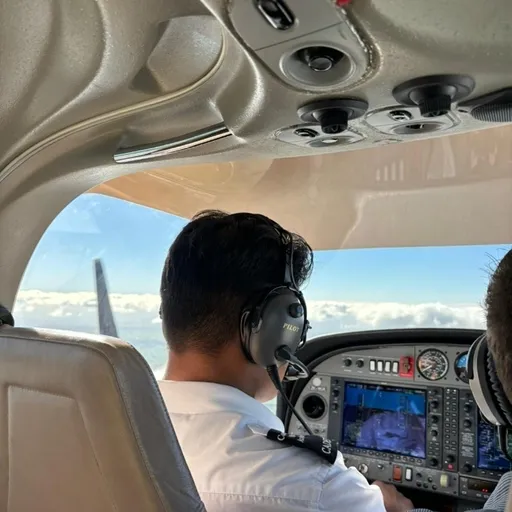
.jpg)
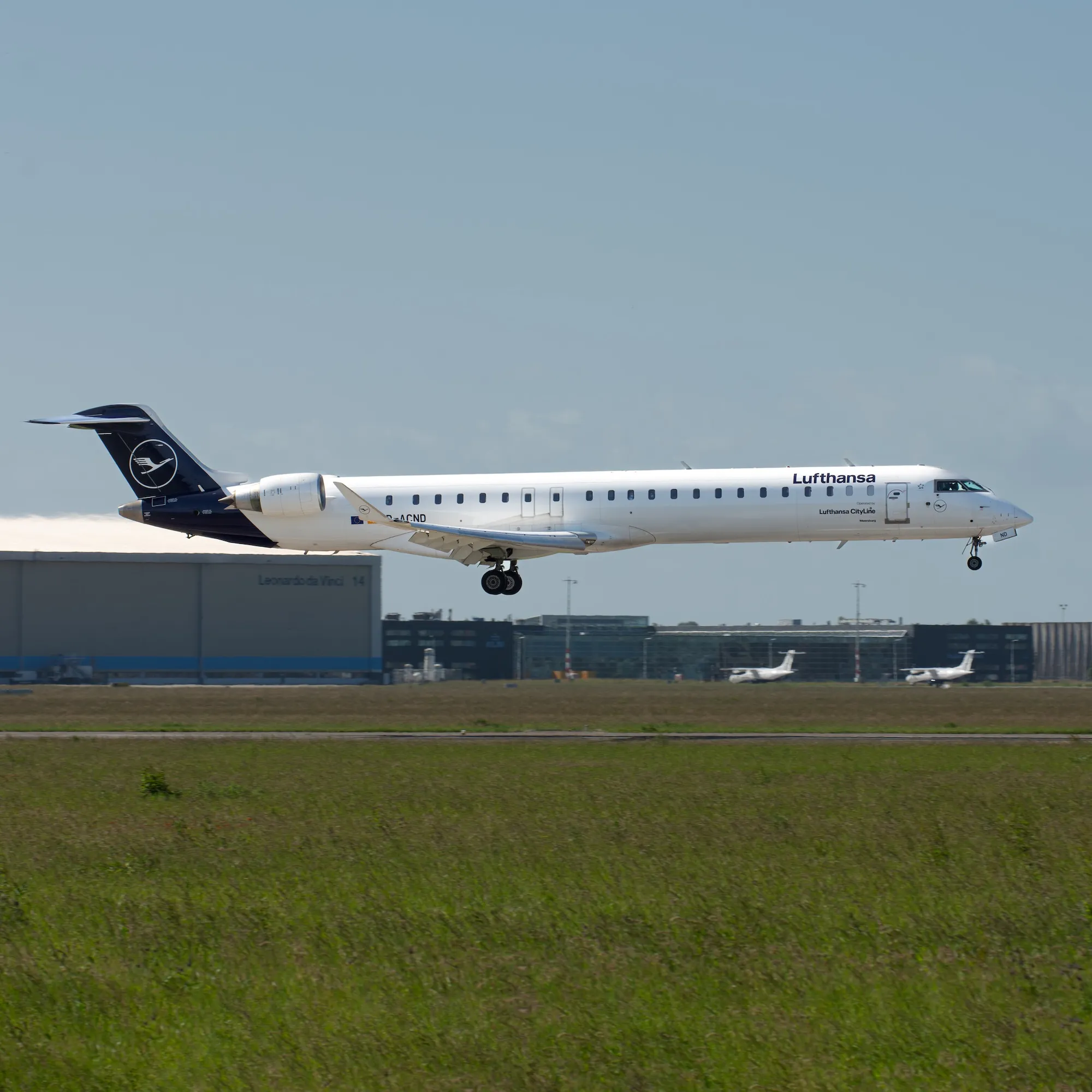
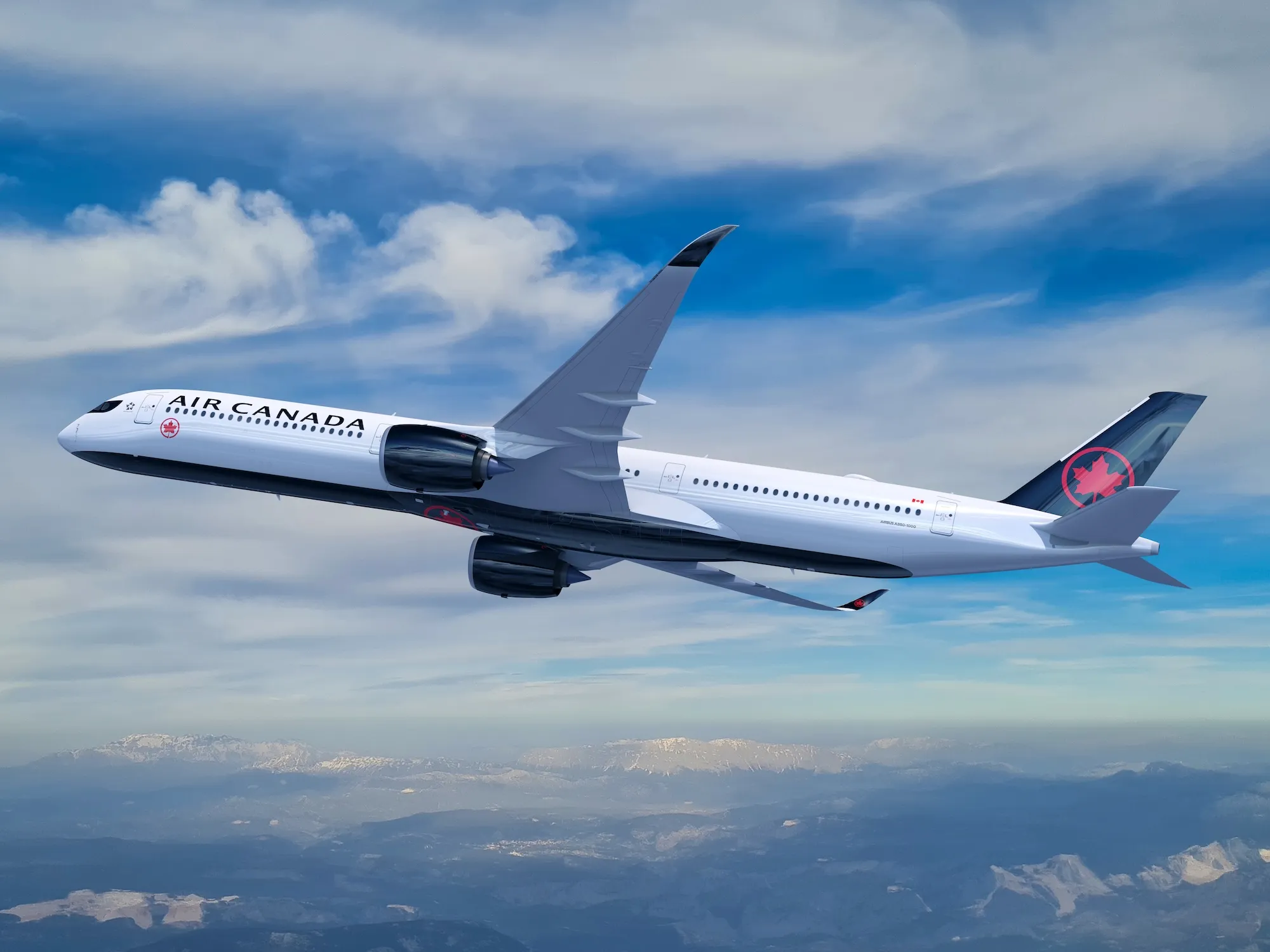
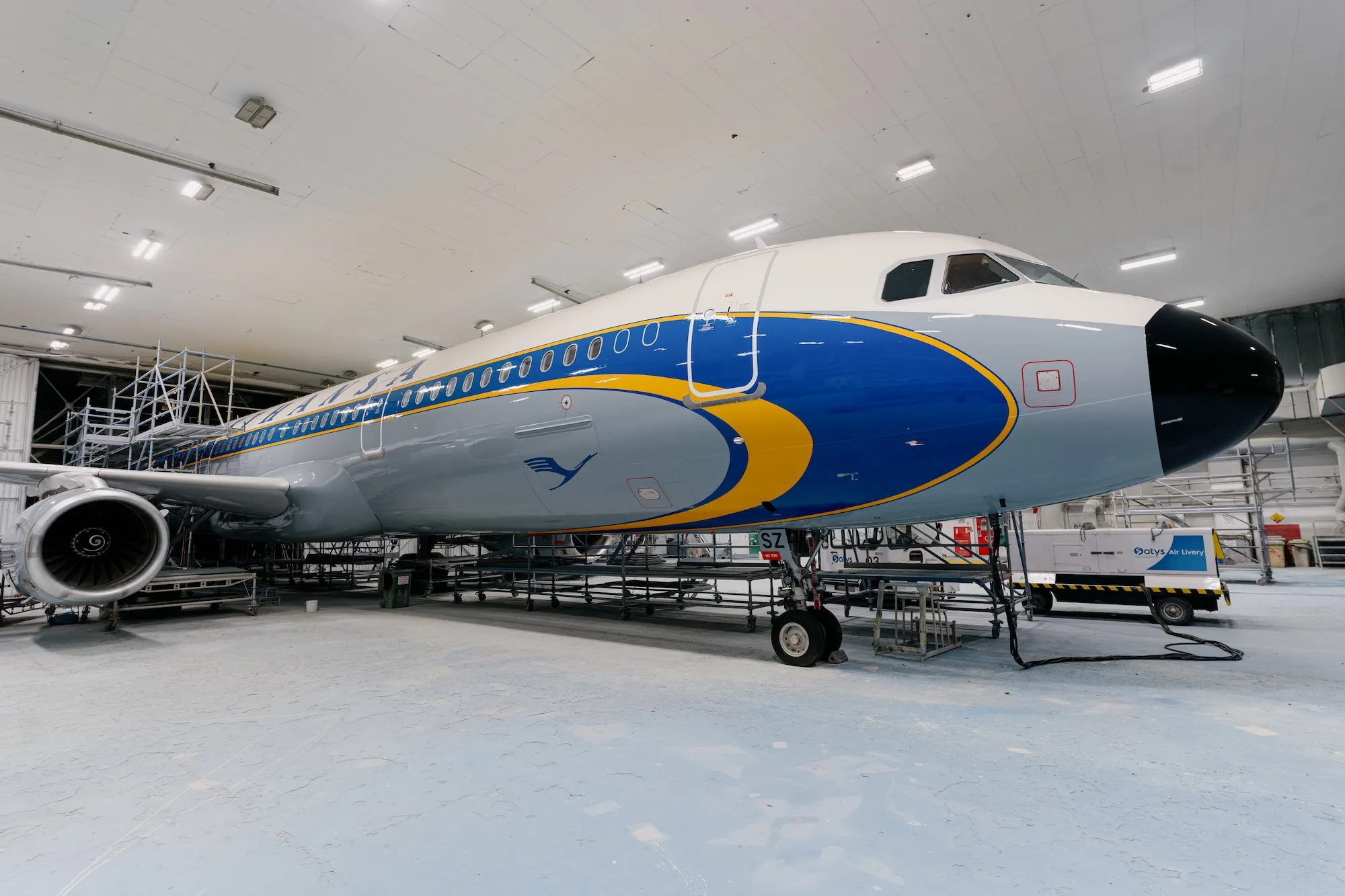
.webp)
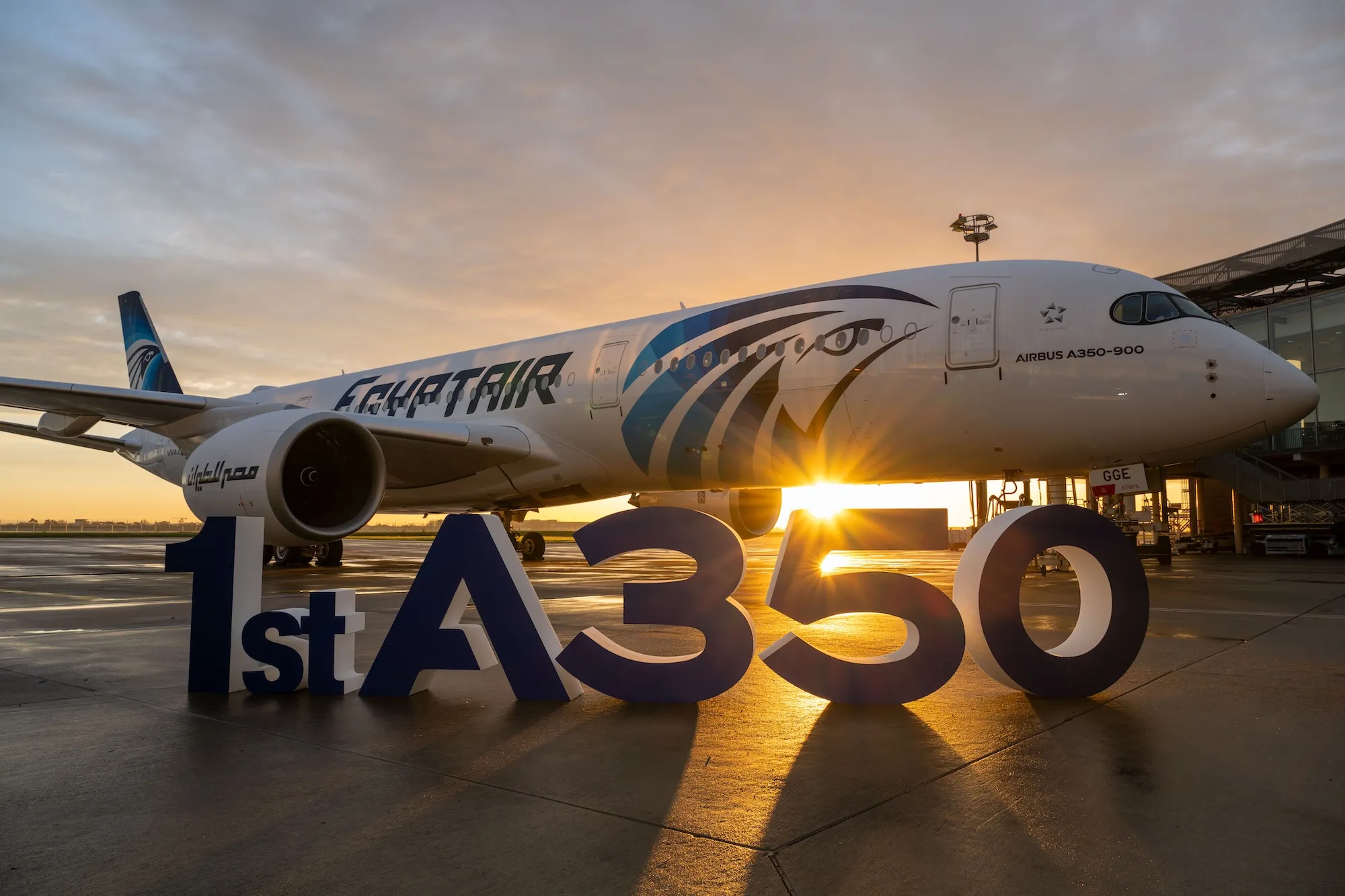
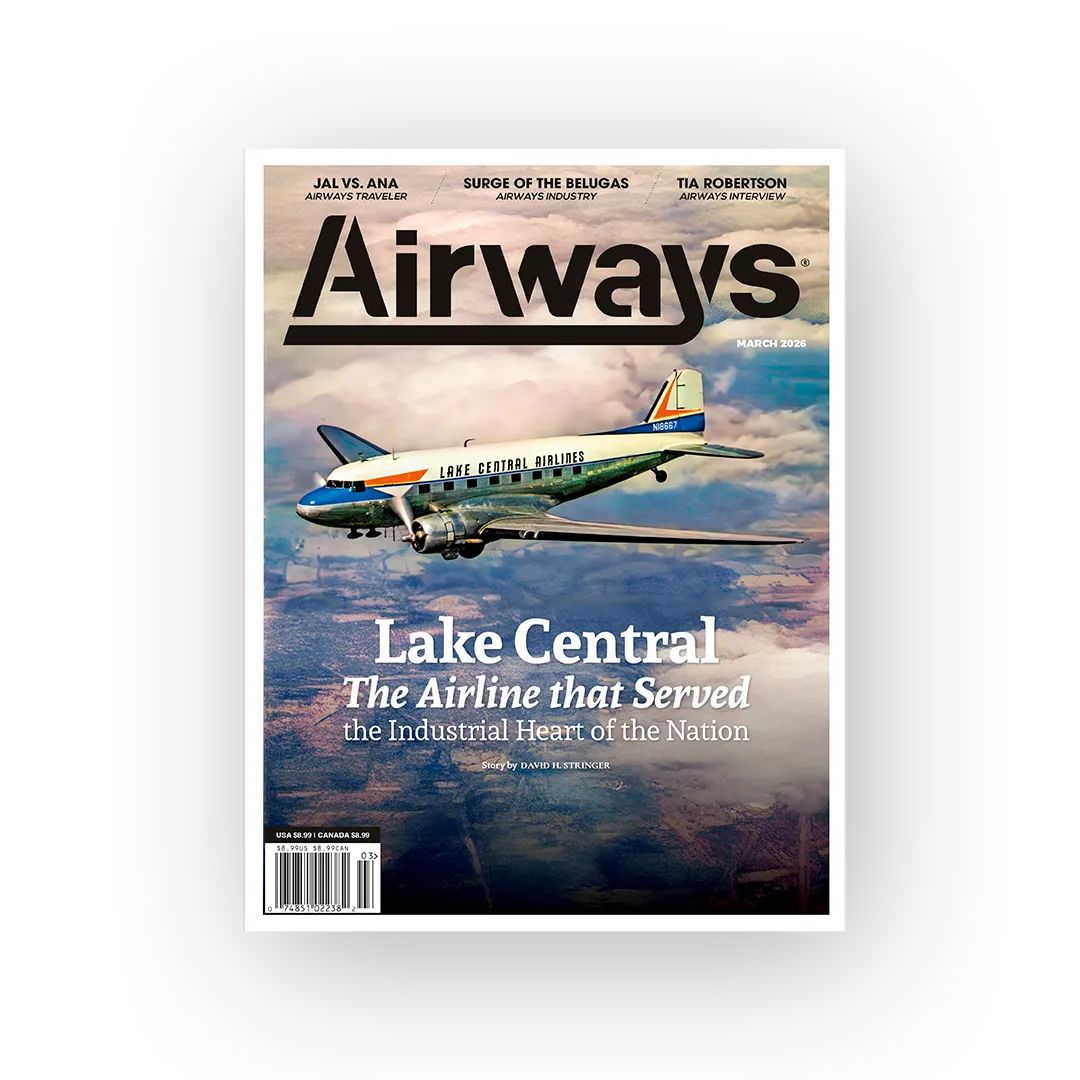

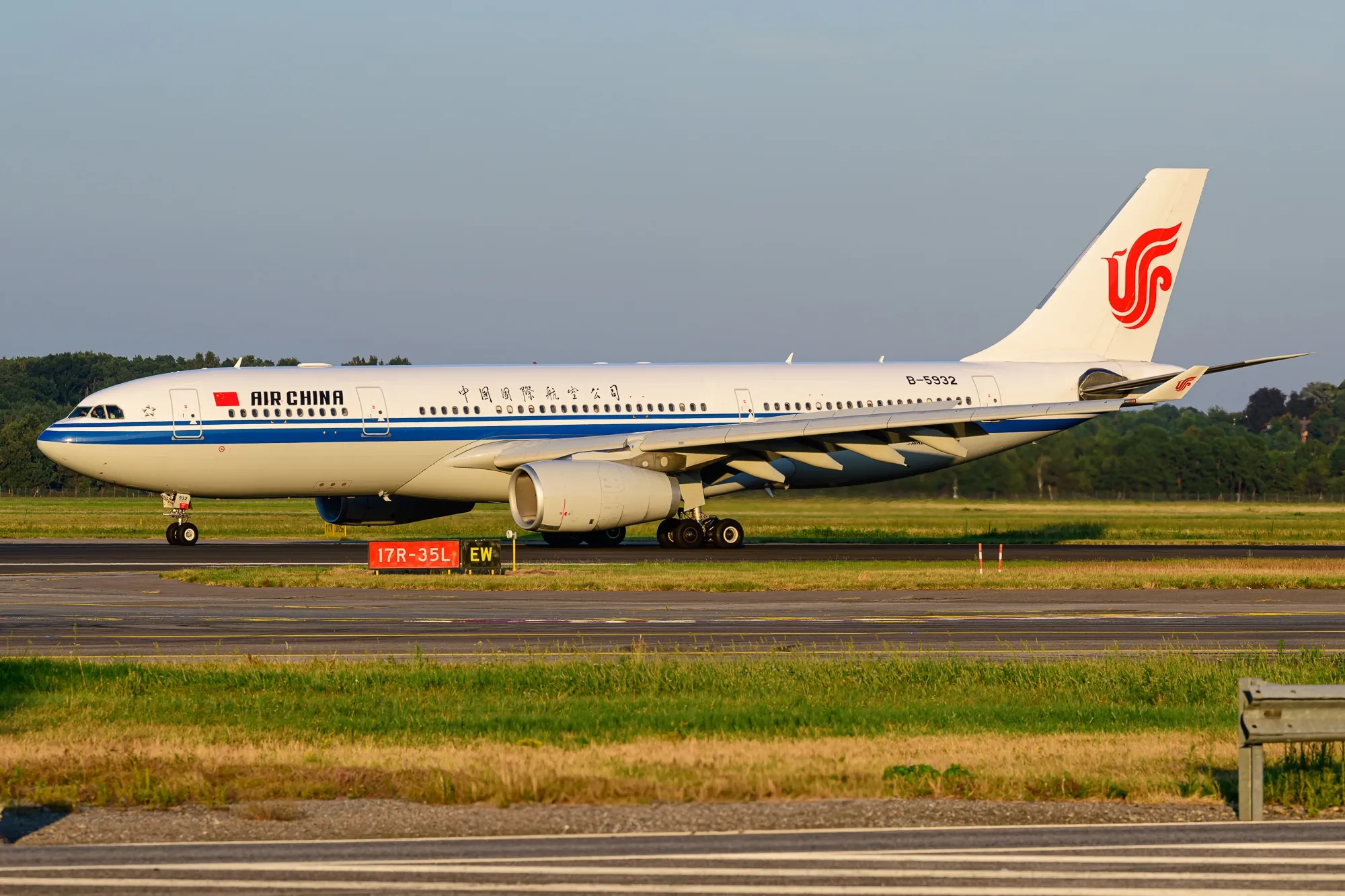
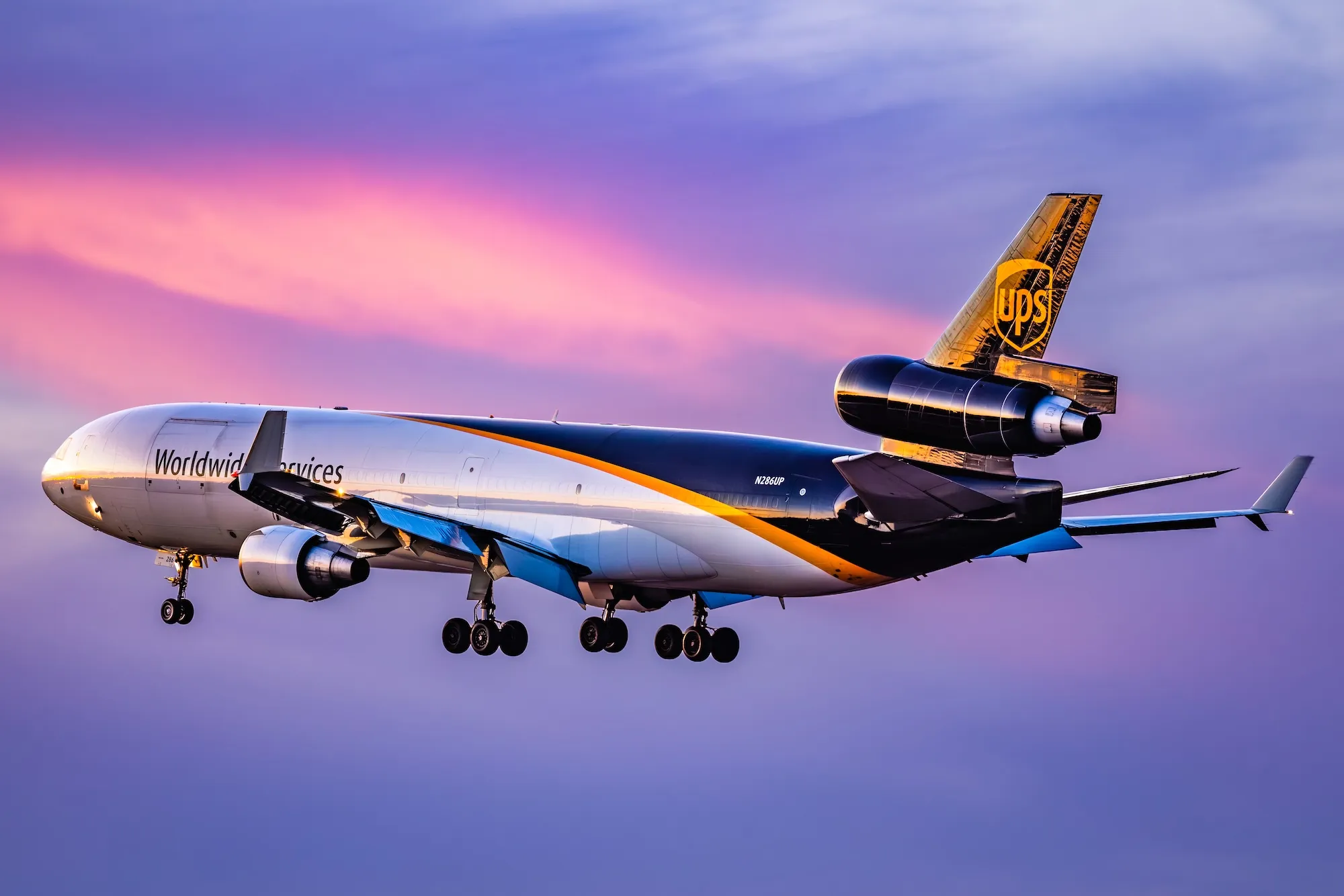
.webp)